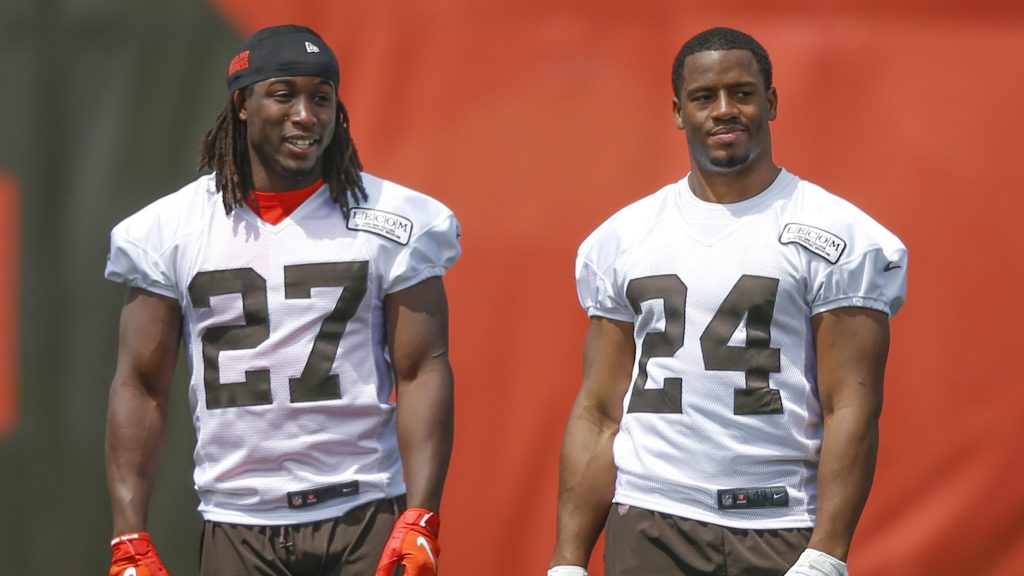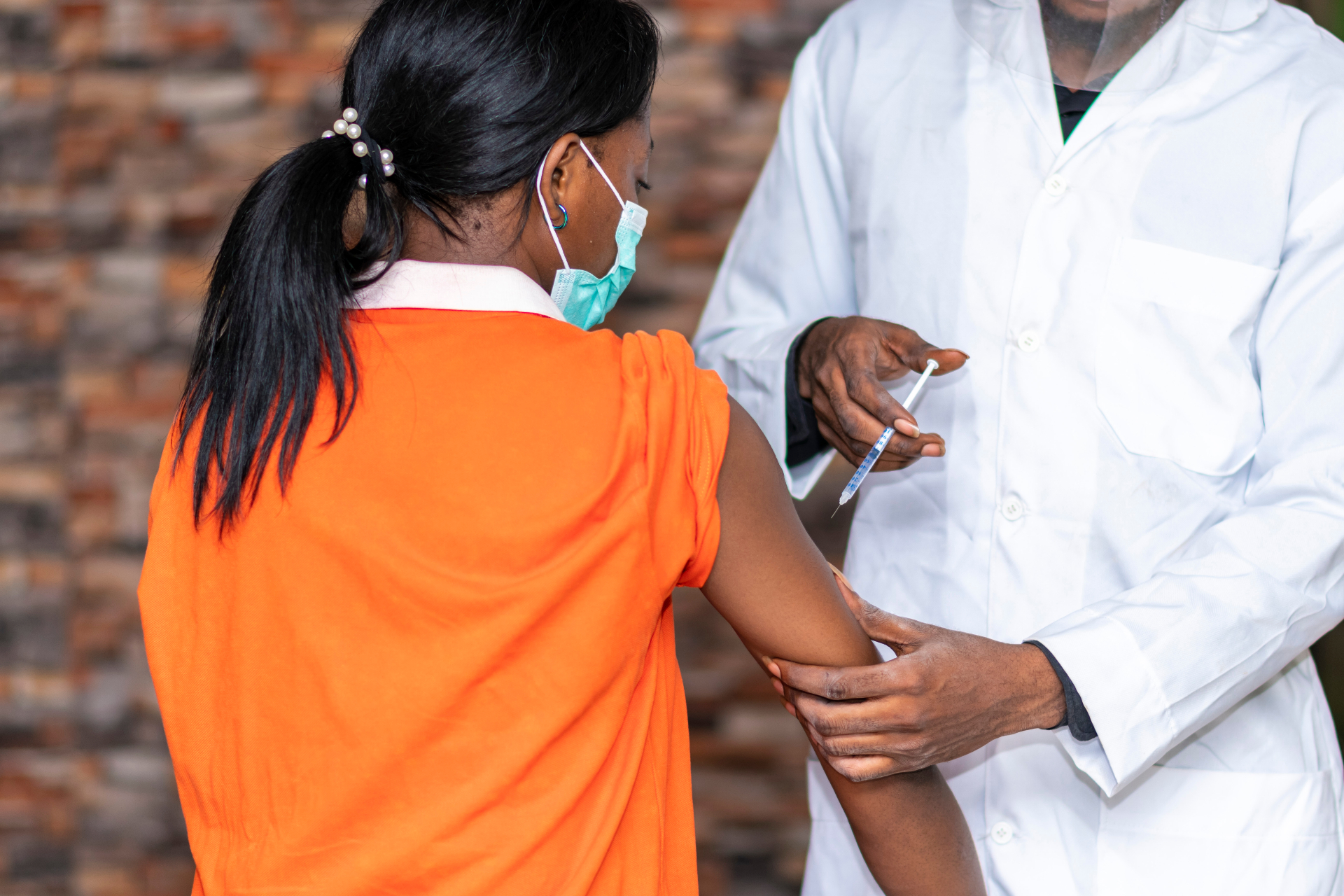‘These are the people who are ready to die for us’: Five-time combat veteran reflects on Memorial Day | New
Jim Wilson had been engaged in combat environments three times and was back home in Gilmer County. When he learned that Ellijay’s 1st Lt. Noah Harris had died from an IED (improvised explosive device) explosion in Iraq in 2005, he knew what he had to do – re-enlist for the war against the terrorism.
“I was sent to evacuate the American Embassy in 1990 in Liberia, I was in the desert storm and I went to Bosnia when the genocide took place in 1993,” said Wilson, whose first tours of duty were as a US Navy.
A graduate of Gilmer High School in 1987, he had previously enlisted in the Marines as a truck driver, where he served eight years and then four more in the Marine Reserves before leaving in 2002.
“When Noah Harris was killed I just felt like I was sitting around doing nothing,” he said. Thus began the deployments in Iraq in 2005-06 and in Afghanistan in 2009-10. However, it was a different journey back to the front lines.
“I volunteered to go back to the Marines, but this unit had just completed a deployment,” he said. But the word travels quickly in the army, even between the branches.
“A Georgia National Guard recruiter from the 108th Armor of the 48th Infantry Brigade called from their headquarters in Calhoun and said, ‘I heard you would be interested in serving again’ and I said yes, ”he shared. “He said a unit was preparing to deploy. I spent my last eight years in the National Guard.
Wilson’s first deployment in 2005 involved traveling to the New Orleans area and helping to search for survivors and the bodies of victims following Hurricane Katrina. In 2006, after only three weeks in Iraq, the unit was moved south to Tallil and he was assigned to the 648th Engineers for convoy security.
“They put four gun trucks in a convoy of 20 semi-trailers and we were going 300 miles a night, just wide open, protecting them and transporting them from point A to point B, keeping the bad guys away,” did he declare. . “The security of the convoy could either be found or be struck by at least one IED per night. We would do an average of eight or nine IED strikes per week on the entire supply route. It was just a mean, nasty place.
Georgian soldiers killed
There were heartbreaking losses.
“In Afghanistan, we went out as a reconnaissance unit for five days to find things and we were on a reconnaissance route,” he recalls. “We had spotted a few spots already and were preparing to do a foot patrol to check the bridges for weight classifications. We had a lieutenant colonel who said, ‘Everyone in the truck, turn around, we’re going back.’ “
Wilson was changing a tire that had burst when one of his men came over and explained the reason for the rollover.
“He told me that our XO (executive officer, just below the commanding officer) Major Jenrette, Staff Sergeant Beale and Specialist Jordon had just been killed by an IED, 85 pounds of explosive artisanal, ”he said. “John Beale was from McDonough and was my best friend. He was a good man, he really was. He would stop you on the way to eat and ask you, “How are you?” and really want to know. He was a great guy, and it really tore the heart of the unit.
“These three men were greatly appreciated. Staff Sergeant Beale would wake up before waking up in the barracks and open the door to let in enough light to read his Bible before waking everyone… I miss him.
There were also other deaths of Georgian soldiers.
“We lost a captain in August 2009, Matthew Freeman of Richmond Hill,” he recalls. “He was a C-130 pilot, a man from Annapolis (Naval Academy) who volunteered to go out into the field and help recapture a village from the Taliban when he was killed. He came to the group with Dakota Meyer, the first living Marine to win the Medal of Honor from Vietnam. We were based with them and we were five clicks away (5,000 meters) when it happened. “
Wilson said the closest he’s ever been hurt was when he saw “people coming down around him.”
“In September 2009 – I don’t know exactly what happened – but I was training, doing sit-ups and something was wrong,” he said. “I went to a doctor and he said I had a hernia.
Facing the surgery, he asked not to be sent to Germany – where he knew he would have to leave his unit first and then return to the United States – but was sent to an Army base in the United States. air in Qatar instead. The doctor told him after the operation that he had had five hernias instead of one. In 20 years, there have also been other injuries.
‘God has something’
After finally completing his duties as a sergeant in the Marines and staff sergeant in the National Guard, Wilson returned to Ellijay for good. He is now 52 years old and has retired medically at the age of 45 due to his injuries. He was asked if he wondered why he survived when so many people didn’t.
“During my 20s, I tried to count the exact number – it’s somewhere close to 70 men – who died in training or in combat in my units,” Wilson replied. “Personally, I knew probably 20 to 30 of them. I wonder why I came back. My wife, Andrea Postell – Ray Postell is my step dad, he was in Vietnam – swear I have something left to do to God. I try to understand. I’m not trying to rush, but I would like to know. I kind of get the feeling that it works with veterans, maybe in a homeless shelter. I am retired now, I had no choice because of my injuries.
He reflected on the loss of his best friend.
“When we were training at Camp Shelby, Mississippi, before we left, I was going to be on a pre-season team, so I was able to take the time off earlier,” he said. “John Beale stayed behind, and while I was gone they created a fourth team out of three teams – we were combat advisers and went to live with the Afghans as an ETT (Integrated Training Team). He volunteered to go with this fourth team while I was on leave… and then I came in with the preliminary team.
“Their team went to the Al-Asay valley, and that’s where he was killed. If we had both been there I probably would have been with the Fourth Team because they wanted guys who had been in the Marines as leaders in the valley. He took my place, so I’m wearing this.
What does Memorial Day mean to him?
“I just wish everyone knew that if you want to thank a veteran for their service, it’s Veterans Day. Memorial Day is the time we remember those who have not returned, ”Wilson said. “I was holding a young man in my arms when he died. These are real people, not pictures on a television, magazine or book. They are our neighbors, our sons and daughters, our friends, our brothers and sisters. They are special people. You have the richest of the rich and the poorest of the poor all in one group, they come from all walks of life. These are people who are ready to die for us – and some do. All these boys gave their tomorrow for our today.
Wilson has “a lot of names in my head.”
“Sometimes I sit in my driveway, drink a beer and think about them,” he says. “I don’t remember who said it, and I wish I could have done it, but someone said, ‘We shouldn’t cry because the men are dead, we should rather rejoice because they are have lived. ‘ It’s kind of the way I see it now… Memorial Day is a time to remember that people like that really existed. This is the reason why I put this tattoo (in honor of John Beale) on my arm because I can no longer wear it in my heart. I can’t live with this every day.
“All these boys gave their tomorrow for our today.” – Combat Veteran Jim Wilson
A Heartbreaking Day in Desert Storm
When Sgt. Jim Wilson was serving with a US Navy unit in Operation Desert Storm in Iraq, some fuel trucks from a convoy he collided in in the middle of a sandstorm. The fuel tanks of four trucks exploded. Here is a partial account of this action, taken from his writings.
“We walked through a blaze, and as we were running we found one of the supply guys… lying on the ground,” he began. “He looked at us and said, ‘Just help me, please help me.’ All the skin on her arms was peeled off, lying on the floor and on her hands. He had a hole in his forehead and a huge bloodstain on his leg. He turned around and I could see his brain in his head. He was raising his arms and there was baked skin all over. I wrapped the hole in his head to protect his brain and realized there was little else I could do.
Wilson kept moving, trying to help others.
“I ran to the other side of the carnage… I turned and looked, and the accident knocked down a truck door,” he recalls. “The Marine was sitting there, clawing at the harness to free himself from the truck. As I got up to grab him, he fell out of the taxi. As he fell, the flames flew and I dodged. When I got up he was lying on the still hot floor.
“I jumped on him and kicked him out… the other Marines around us drugged him and I rolled on the ground to extinguish myself.” I grabbed him and we pulled him away from the fire. He was a young black man, and all of his skin exposed to the flames was pink with red spots where the hair follicles would have been. His scalp looked like charcoal briquettes. His brown eyes were silver in color and he had no eyelids. He had neither ears nor nose.
“He was an only child from College Park. I held him in my arms and his last words on this Earth were, “I want to go home, Jim. I want to go to Georgia. This is all I have to say about that day.
Source link


